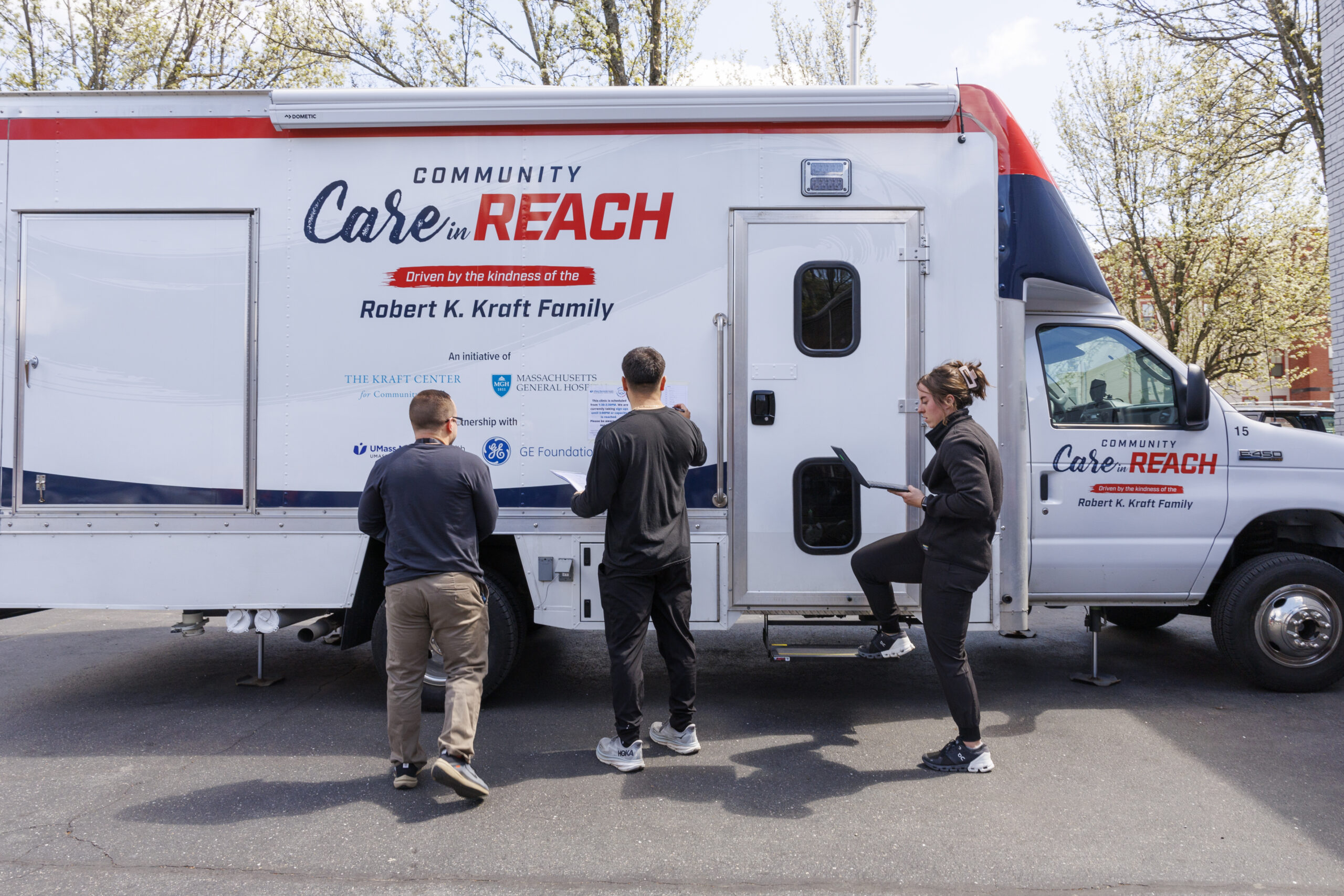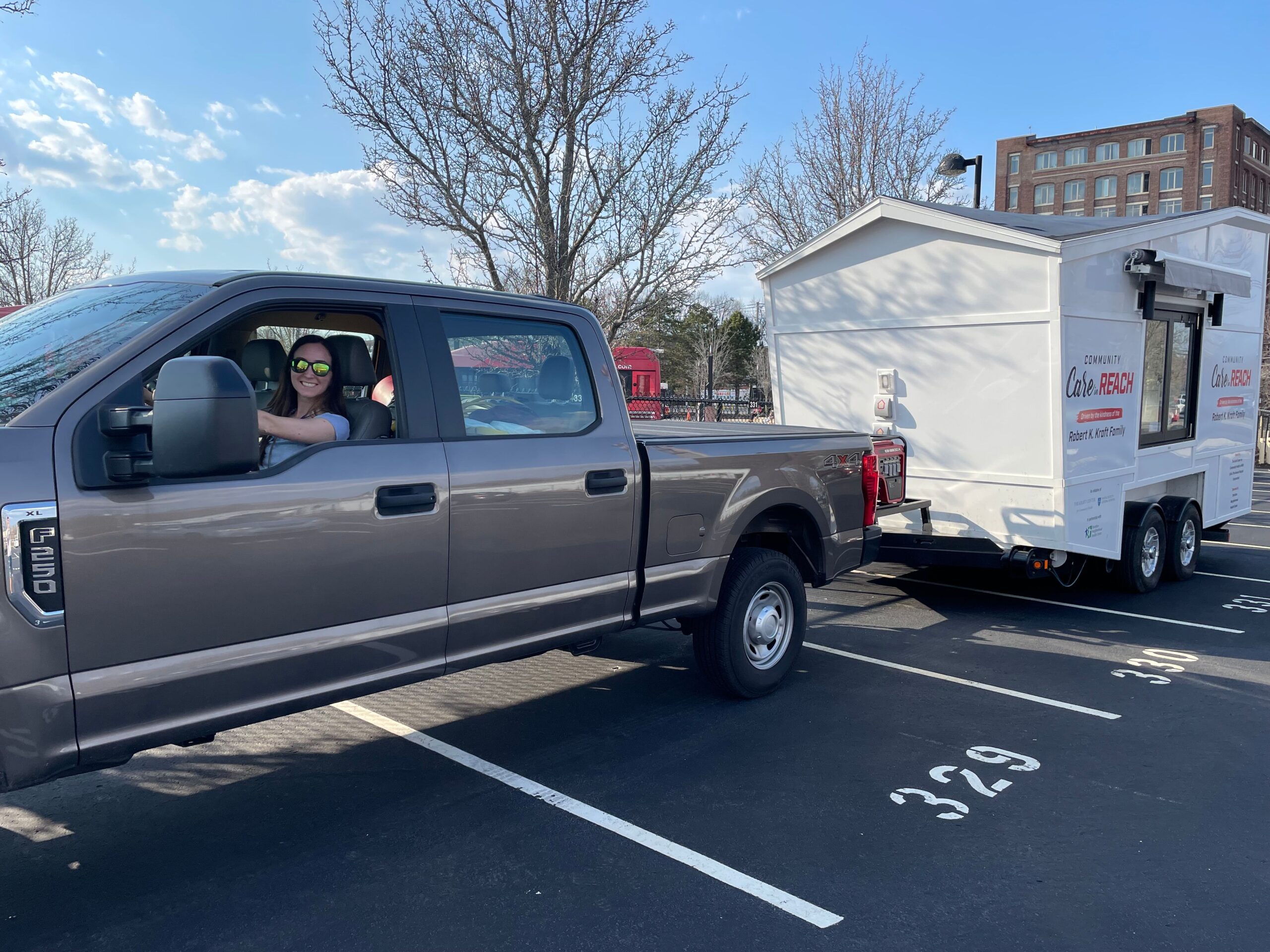•Adequate space—The mobile health model intends for the mobile unit to function as a satellite clinic of an existing clinical organization. Staff should consider space requirements for clinical staff to conduct a patient encounter when considering the size and type of mobile unit.
•Privacy—Privacy of patients both during clinical sessions and in waiting for van services should be a consideration when determining the model/design of the mobile unit.
•Power and wifi access—Clinical sessions will likely require power for medical equipment, laptops and printers as well as internet for EHR access.
•Climate control—Heating and cooling systems should be considered to ensure staff and patient comfort. Refrigerators should also be considered for vaccine and food storage.

•Restrooms—Restrooms increase options for some lab specimen collection but may also pose a need for close monitoring in case drug use occurs behind the closed doors of a bathroom. Special disposal is also required of bathroom tanks on mobile units. Consider creating protocols that do not require the mobile unit to have a bathroom.
•Agility—Consider that size may be an issue in preventing the team from accessing certain locations if the vehicle is unable to navigate certain routes/roads.
•Driver considerations—Program resources can be saved if the vehicle does not require the driver to have a commercial driver’s license.
•Available parking—Be mindful of potential parking spaces that will be able to accommodate the size and other requirements of the mobile unit (e.g. if the vehicle requires an electrical outlet, etc.).
•Other considerations—Handicap accessibility is often a requirement of mobile units licensed as medical clinic
